Mangaluru, Sep 2: The nation-wide bandh called by the ten central trade unions giving a to protest against the prime minister Narendra Modi led NDA government's "indifference" to their demands for better wages and facilities and the "anti-worker" changes in labour laws has started affecting normal life in Dakshina Kannada and Udupi districts.
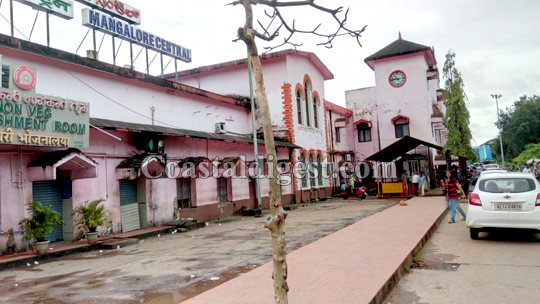
The bandh is likely to be completely successful in twin coastal districts as private and government buses and auto-rickshaws remained off the road and most of the shops remained closed across Mangaluru and Udupi on Friday. However in remote areas some shops remained open.
Those who arrived by trains were stranded in the railway station. There were reports of some auto-rickshaw drivers fleecing commuters early on Friday morning. However, after 8 a.m. no auto-rickshaws were seen on the roads.
App-based taxi services like Ola and Uber are also not plying. Tanveer Pasha, founder president of Ola, TaxiForSure and Uber drivers and owners association, said they are participating in the strike to protest the harsher fines in the proposed Motor Vehicle (Amendment) Bill, 2016.
According to CITU leaders all industrial units, shops and establishments, labourers, beedi workers, construction workers, cashew workers, road side vendors, bus employees - government and private, city and express bus employees, auto rickshaws, maxi cabs, lorries, tanker, school vehicles drivers are participating in the strike.
Police are on a high alert to prevent any untoward incident. So far no major untoward incidents reported from Mangaluru and Udupi. However, a few buses were stoned and some agitators burnt tyres in both the cities early on Friday morning. The police managed to douse the fire.
Excluding RSS-associated BMS (Bhartiya Mazdoor Sangh), all trade unions have joined the strike call, terming the government's assurances to look into their demands and the recent announcements for two-year bonus and hike in minimum wage as "completely inadequate". More details are awaited.
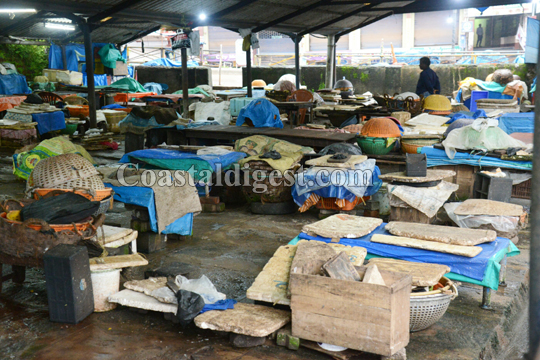
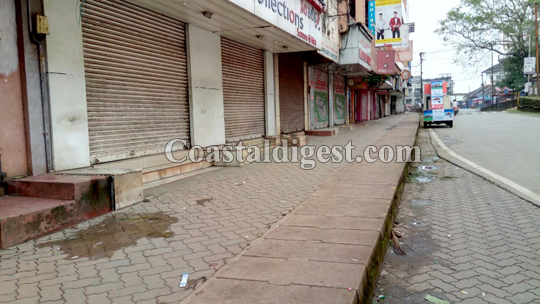
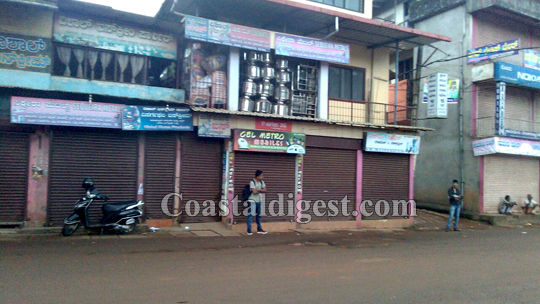
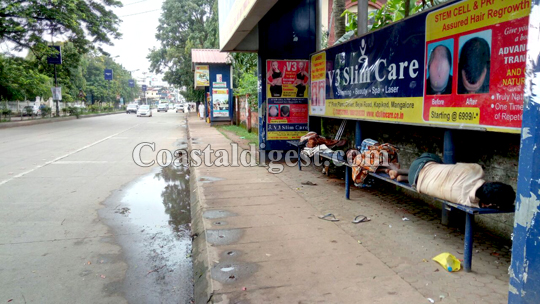
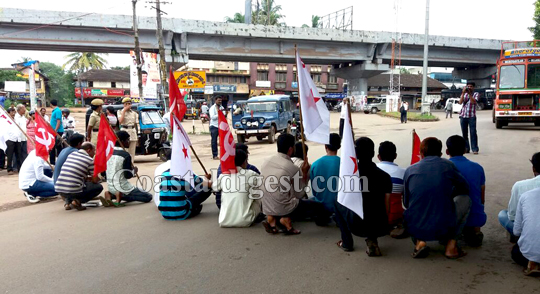
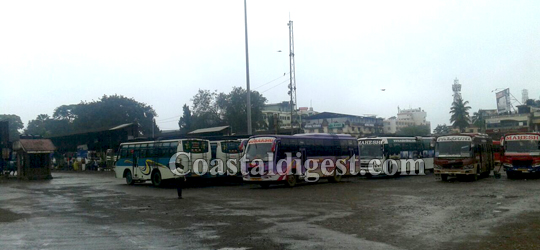
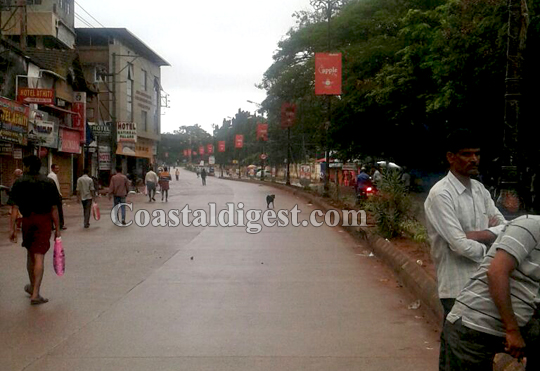
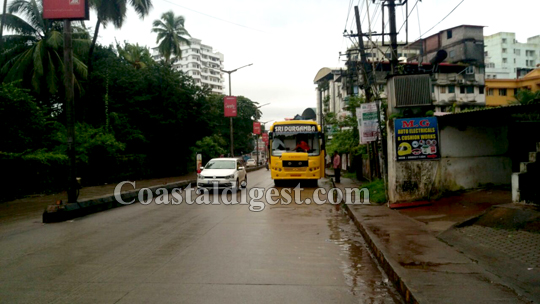

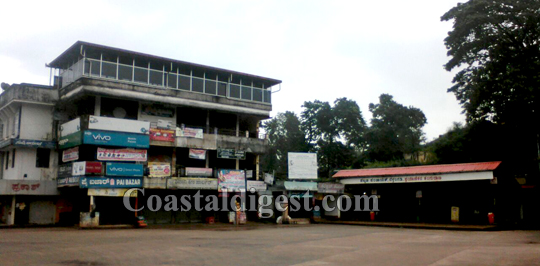
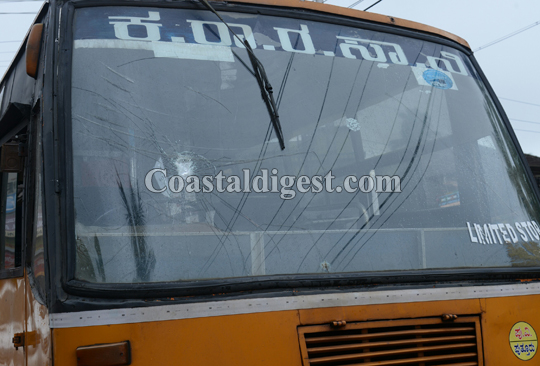

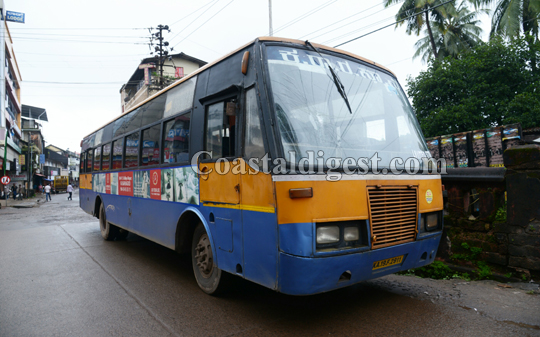
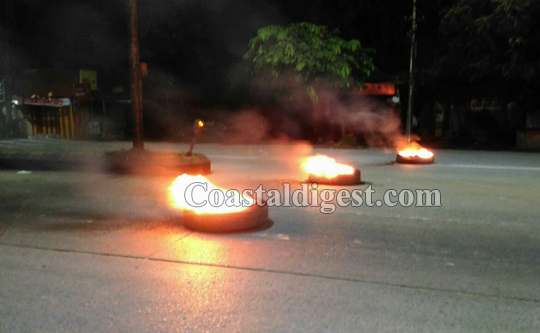
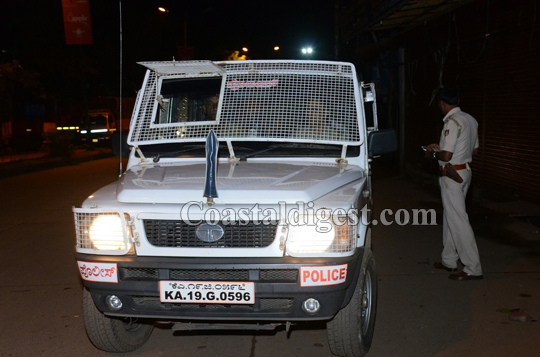
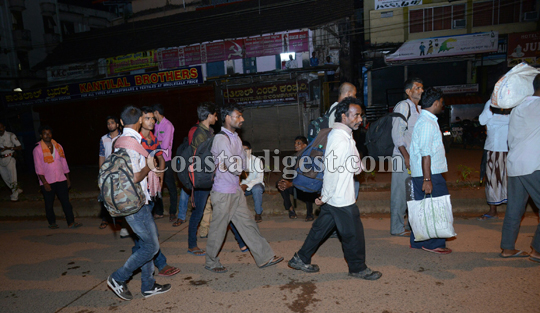
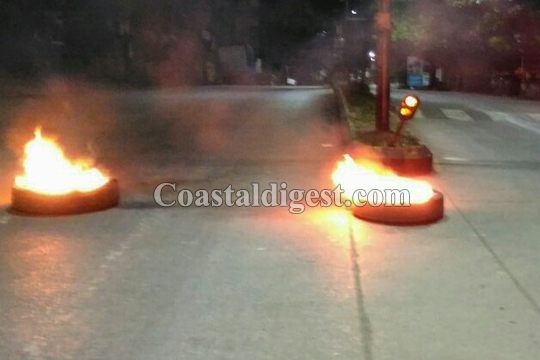

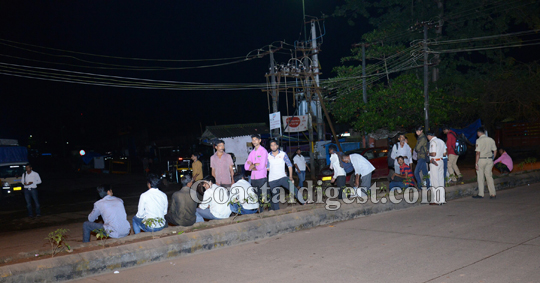
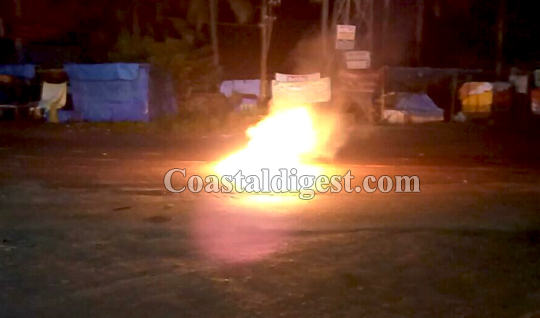

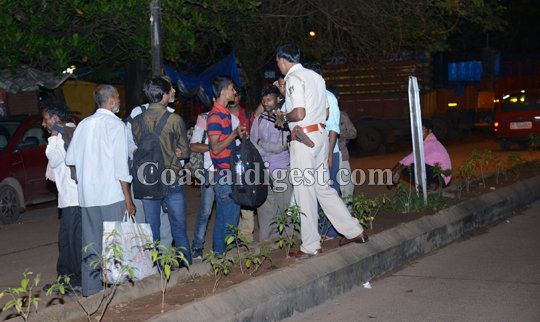
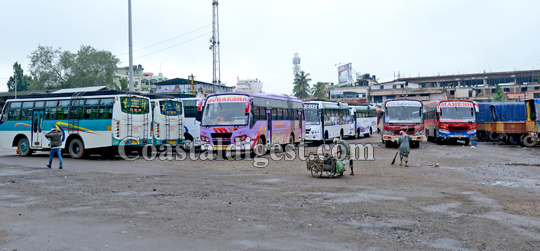
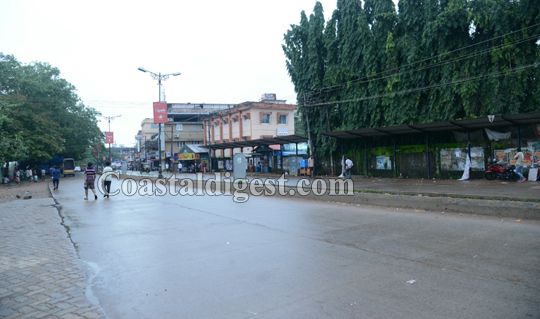
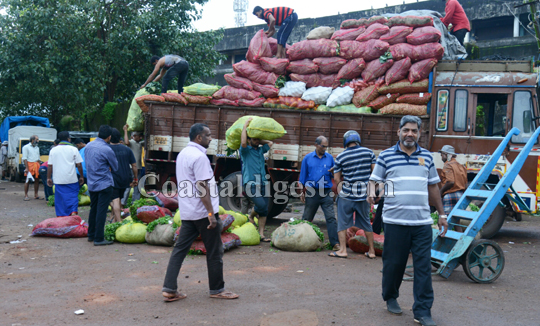

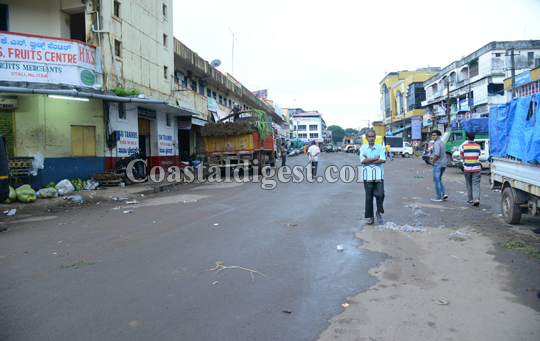
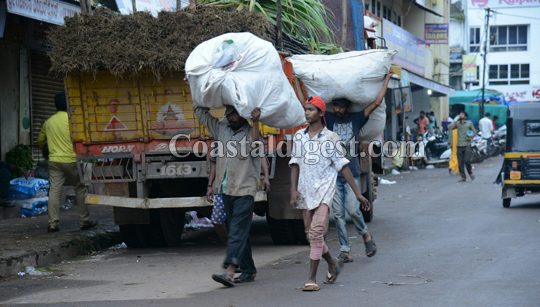
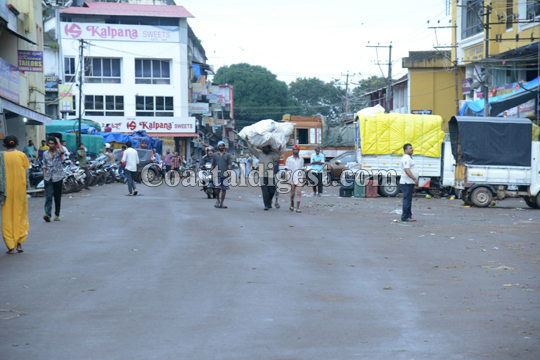
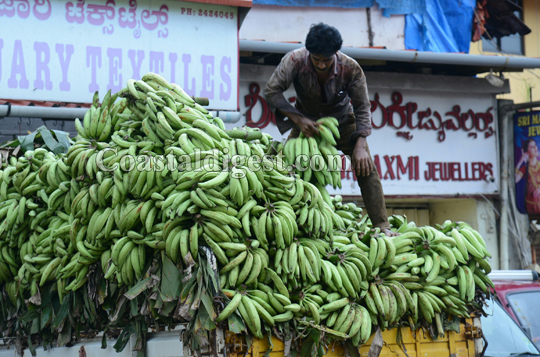

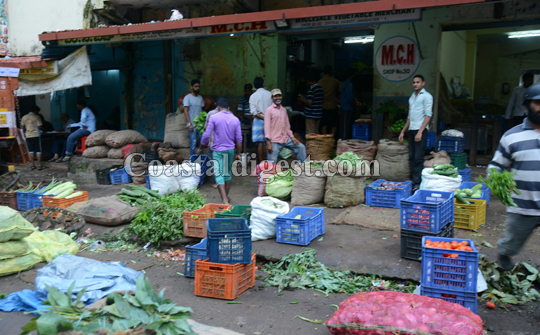
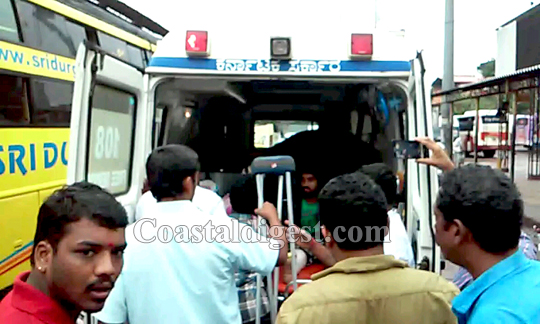
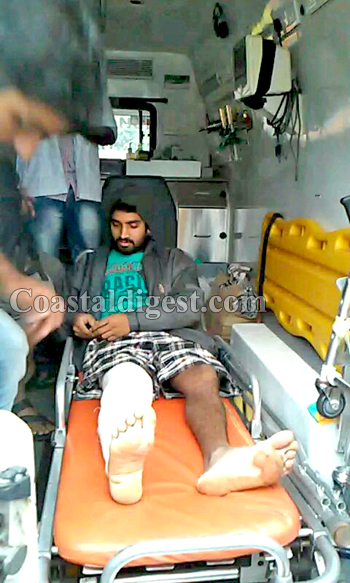
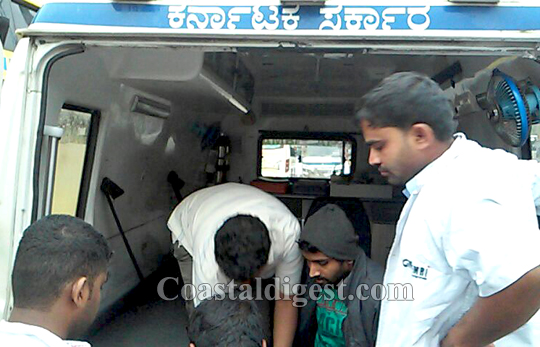
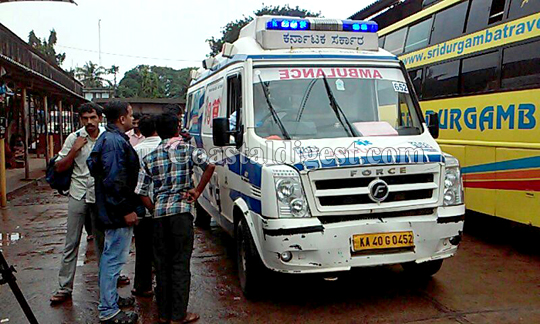



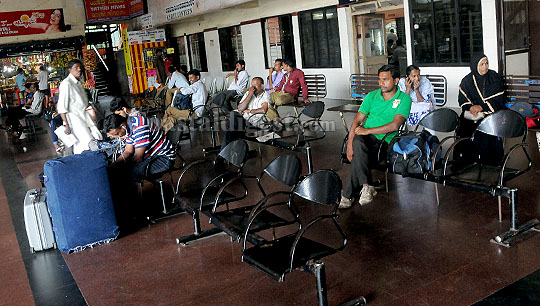
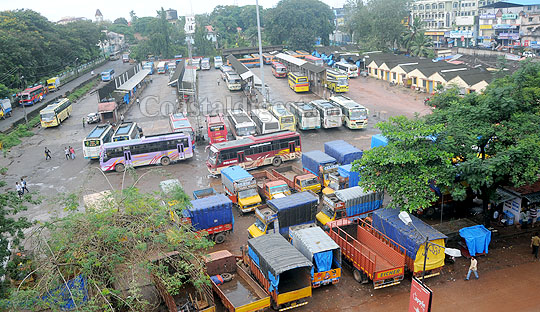
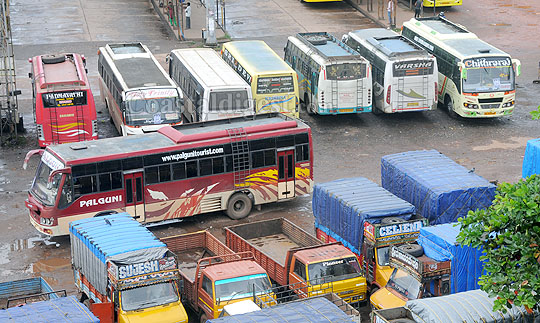
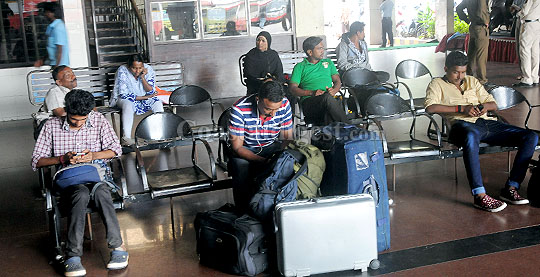
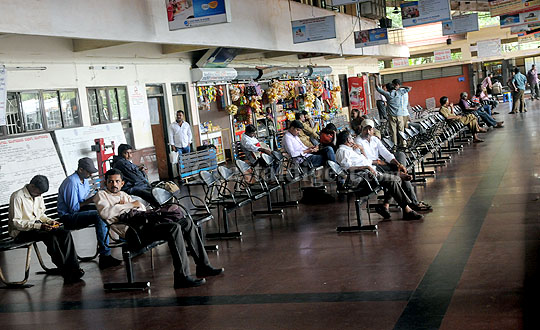
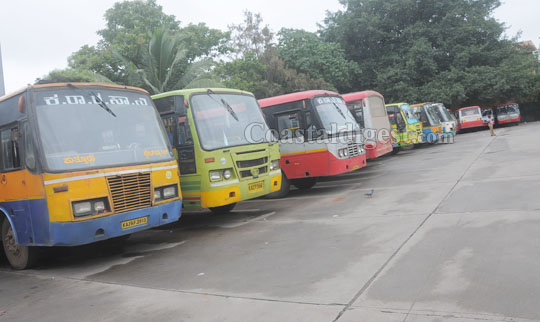

Comments
thanks alot for bharath bundh. will sleep hole day peacefully.
Yes we all should join for good cause, daily wagers getting enough for their lives. only rich people are making money all the way and poorer will be poorer for life time.
Add new comment